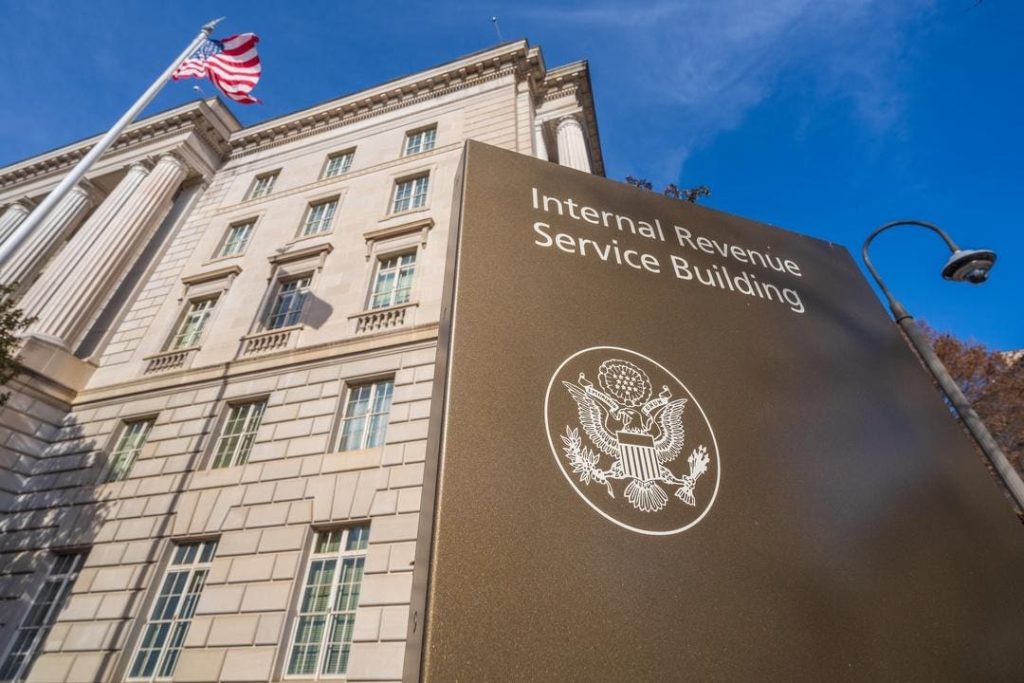The reciprocal trust doctrine, a legal principle originating in the 1940 case of Lehman v. Commissioner, addresses tax avoidance strategies involving interconnected trusts. This doctrine allows the IRS to "uncross" trusts designed to circumvent estate taxes, effectively treating the grantor as the beneficiary for tax purposes. The core issue is the creation of seemingly separate trusts that provide reciprocal benefits, often between family members, ultimately placing the parties in virtually the same economic position as if they had named themselves as beneficiaries. Lehman involved two brothers who established trusts for each other, gifting assets to the reciprocal trust. The court deemed this arrangement a superficial maneuver lacking practical significance and included the assets in the deceased brother’s estate for tax purposes. This case established the precedent that the individual providing the consideration for a trust is the true settlor, regardless of the nominal structure.
The landmark case of U.S. v. Estate of Grace (1969) further clarified the doctrine. This case involved a husband and wife who created nearly identical trusts for each other. The Supreme Court ruled that the reciprocal nature of the trusts, regardless of intent or proven tax avoidance motive, was sufficient to apply the doctrine. The court emphasized that the interrelation of the trusts and the resulting economic positions of the settlors were the key factors, not the subjective intent behind their creation. This decision solidified the principle that the reciprocal trust doctrine focuses on the objective effects of the arrangement, not subjective motivations. This ruling, while intended to prevent tax evasion, sparked debate about the extent to which individuals should be penalized for utilizing legally available tax planning strategies.
The subsequent case of Estate of Levy v. Commissioner (1982) offered a degree of relief from the seemingly broad application of the reciprocal trust doctrine. In this case, a husband and wife established reciprocal trusts, but the wife’s trust included a power of appointment over income and principal, a feature absent from the husband’s trust. This difference, the court determined, provided the wife’s trust with objective value that distinguished it from a purely reciprocal arrangement. As a result, the reciprocal trust doctrine was not applied. Estate of Levy demonstrated that introducing meaningful distinctions between reciprocal trusts can prevent them from being uncrossed, offering a pathway for legitimate estate planning that avoids triggering the doctrine.
The reciprocal trust doctrine continues to be a significant factor in estate planning, particularly for high-net-worth individuals seeking to minimize estate tax liabilities. It highlights the tension between legitimate estate planning and perceived tax avoidance. While establishing trusts is a legal and commonly used tool for managing wealth transfer, the reciprocal trust doctrine serves as a check against manipulative structuring designed to circumvent estate tax laws. The continued relevance of the doctrine underscores the need for careful and informed estate planning, especially when dealing with complex trust arrangements. Its application is not always straightforward, requiring careful analysis of the specific facts and circumstances of each case.
The implications of this doctrine for estate planning attorneys are substantial. It necessitates meticulous attention to detail when structuring trusts, particularly when multiple trusts are involved. Introducing significant differences in trust terms, such as varying beneficiaries, powers of appointment, or trusteeship, can help distinguish trusts and avoid the appearance of reciprocity. These distinctions should be substantive and reflect genuine differences in the parties’ circumstances and objectives, not merely superficial alterations designed to avoid the doctrine. Furthermore, any perceived reciprocity in the timing of trust creation, asset transfer, or other related actions can raise red flags and invite scrutiny.
In contemporary estate planning, the reciprocal trust doctrine remains a critical consideration. The potential sunset of the Tax Cuts & Jobs Act in 2026, with the consequent reduction in estate, gift, and generation-skipping transfer tax exemptions, is likely to increase the use of advanced estate planning techniques, including trusts. This heightened focus on estate planning makes understanding and navigating the reciprocal trust doctrine even more crucial. Practitioners must remain vigilant in structuring trusts to comply with this doctrine while still achieving their clients’ estate planning goals. It requires a delicate balance between minimizing tax liability and avoiding arrangements that could be deemed reciprocal. Consulting with experienced legal and tax professionals is paramount for individuals considering complex trust strategies to ensure compliance and avoid potential challenges from the IRS. Open communication and transparency with clients about the implications of the reciprocal trust doctrine are essential for building trust and making informed decisions. Careful documentation of the rationale behind trust structures and the differences between them can also be crucial in defending against potential IRS challenges.










